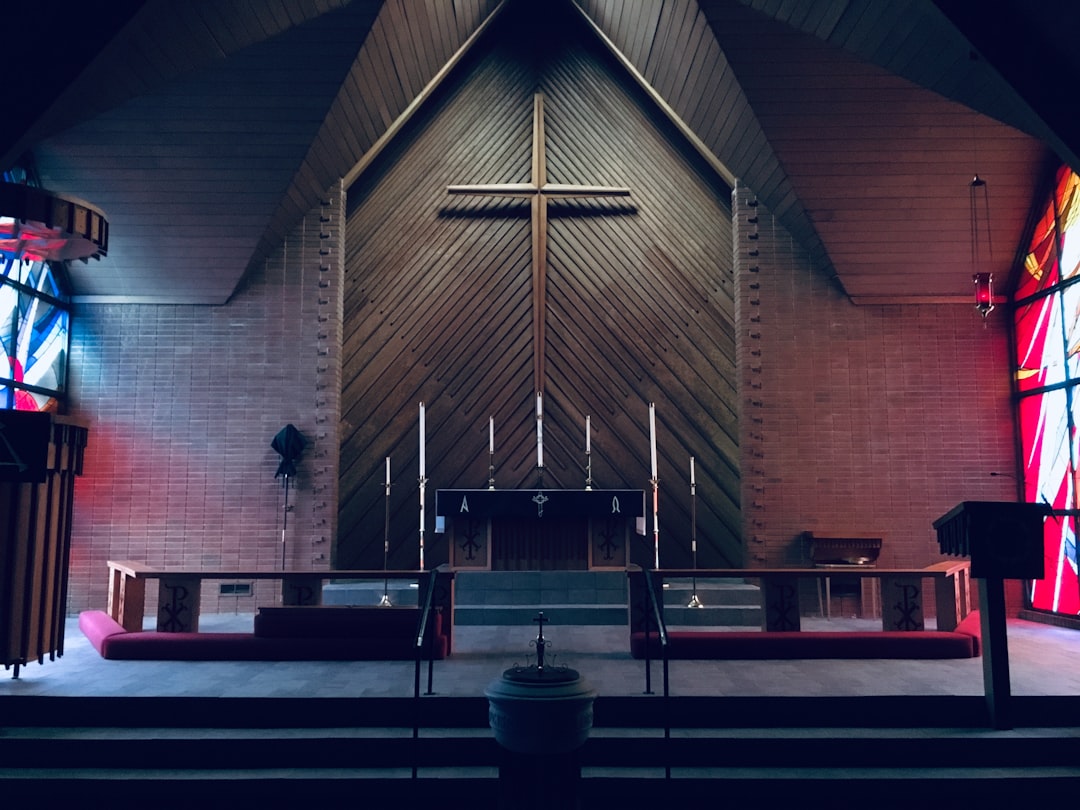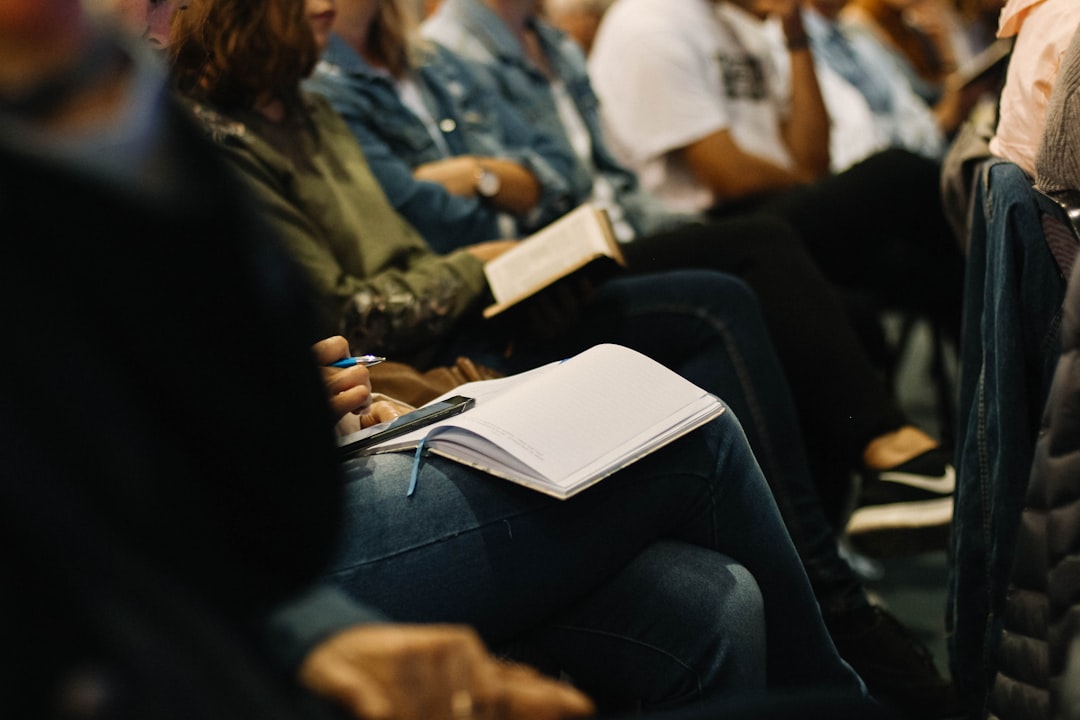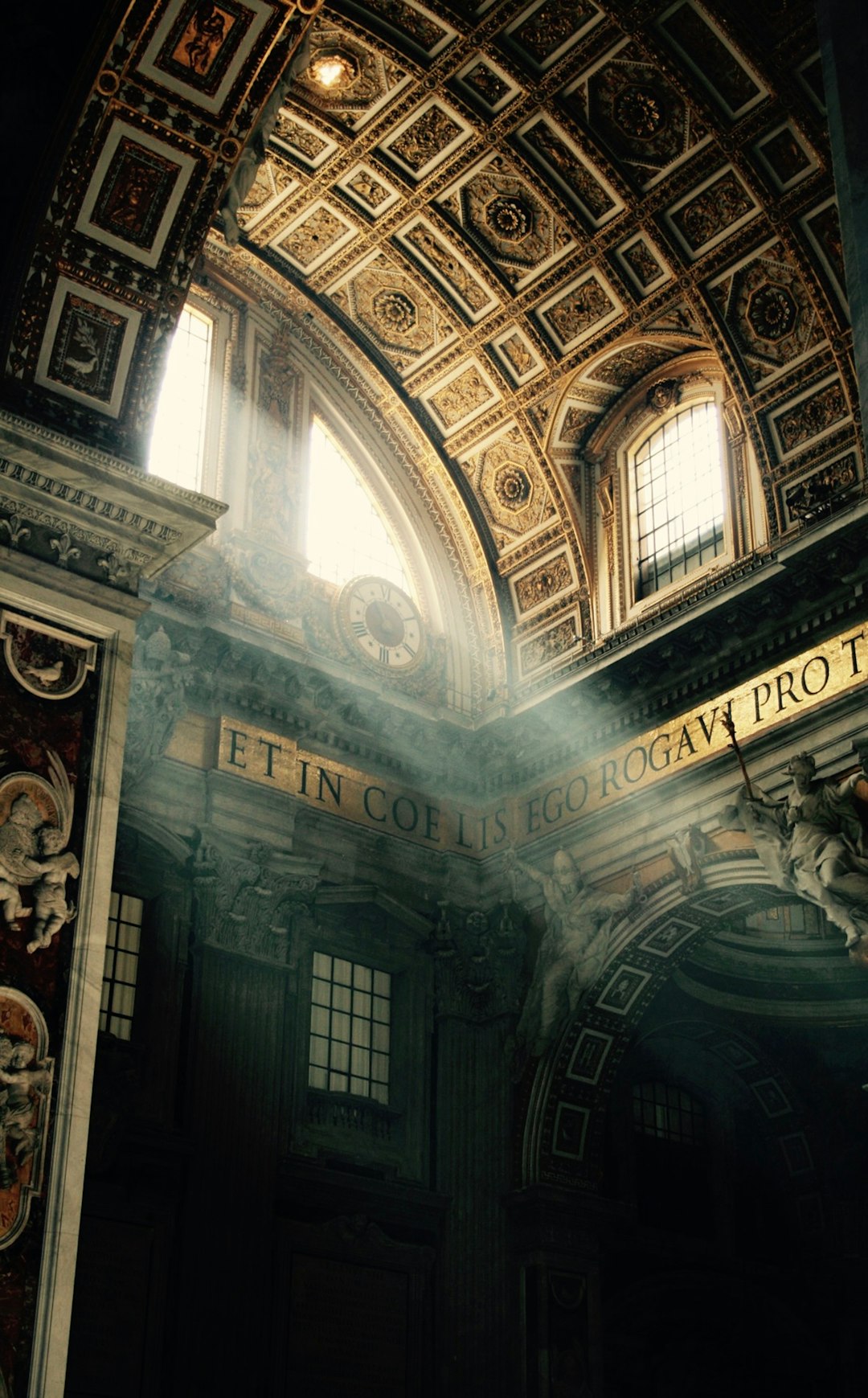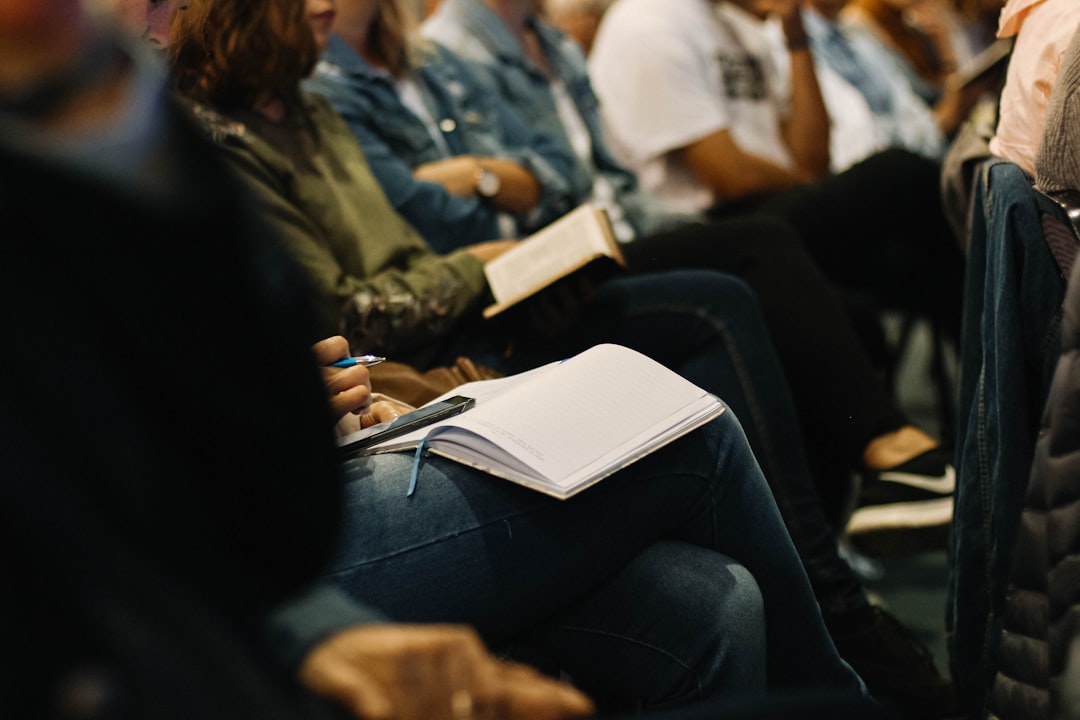“In the sensitive realm of clergy abuse, seeking justice can be a challenging journey. If you’re in Denver, Colorado, and have experienced harm at the hands of religious leaders, understanding your rights is crucial. This article delves into the complex issue of clergy abuse, offering insights on recognizing and defining it within the context of Denver’s legal landscape. We explore the vital role of a skilled clergy abuse lawyer, highlighting key qualities and expertise required to navigate these sensitive cases successfully. Moreover, we share success stories, demonstrating the impact such lawyers can have in bringing justice and healing to victims.”
Understanding Clergy Abuse: Recognizing and Defining the Issue in Denver, CO

In Denver, Colorado, and across the nation, clergy abuse has emerged as a critical issue requiring specialized legal attention. Understanding and recognizing this complex problem involves understanding what constitutes clergy abuse—any form of mistreatment, exploitation, or harm inflicted by a member of the clergy upon individuals within their care, trust, or influence. This includes physical, emotional, sexual, financial, or psychological abuse, often occurring in the context of spiritual guidance or religious teachings.
The impact of such abuse can be profound and long-lasting for victims, who may struggle with feelings of betrayal, isolation, and post-traumatic stress. Recognizing these patterns is crucial, as it allows victims to come forward and seek justice. A skilled clergy abuse lawyer in Denver CO plays a vital role here, providing legal counsel, advocating for victims’ rights, and ensuring that those responsible are held accountable under the law.
The Legal Aspects of Clergy Abuse Cases: What to Expect When Hiring a Lawyer

When seeking legal representation for clergy abuse cases in Denver, Colorado, understanding the legal landscape is crucial. These sensitive matters often involve complex issues related to religious institutions, privacy laws, and potential statutes of limitations. Therefore, choosing an experienced clergy abuse lawyer who specializes in this field is paramount.
A skilled attorney will navigate the unique challenges of these cases, ensuring your rights are protected. They will thoroughly investigate the allegations, gather evidence, and develop a strong legal strategy. Expect open communication from your lawyer throughout the process, as they guide you through the complexities of the law, potential outcomes, and the best course of action for your specific circumstances.
Finding the Right Attorney: Qualities and Expertise Required for a Skilled Clergy Abuse Lawyer in Denver

When searching for a skilled clergy abuse attorney in Denver, Colorado, it’s crucial to prioritize both qualities and expertise. The right lawyer should possess a deep understanding of the legal intricacies surrounding clergy abuse cases, including knowledge of state laws, church regulations, and potential jurisdictional issues. They must be well-versed in handling sensitive cases discreetly and ethically.
Additionally, an experienced Denver clergy abuse lawyer should demonstrate excellent communication skills, empathy for their clients’ experiences, and a proven track record of successful case outcomes. Look for someone who is not only knowledgeable in the law but also committed to advocating for victims, ensuring they receive the justice and support they deserve.
Success Stories and Impact: How Clergymen Abuse Lawyers in Denver Have Helped Victims Find Justice

Many victims of clergy abuse in Denver, Colorado, have found solace and justice through dedicated clergy abuse lawyers. These attorneys specialize in navigating complex legal landscapes to hold accountable those who exploit their positions of power within religious institutions. Their success stories are a testament to their unwavering commitment to protecting vulnerable individuals.
Through strategic litigation and innovative approaches, clergy abuse lawyers in Denver CO have helped countless victims regain control over their lives. They ensure that justice is served, providing much-needed closure and support to those who have suffered. Their impact extends beyond legal victories; they foster a culture of accountability, encouraging open dialogue about the prevention and addressing of clerical abuse within communities across Colorado.






